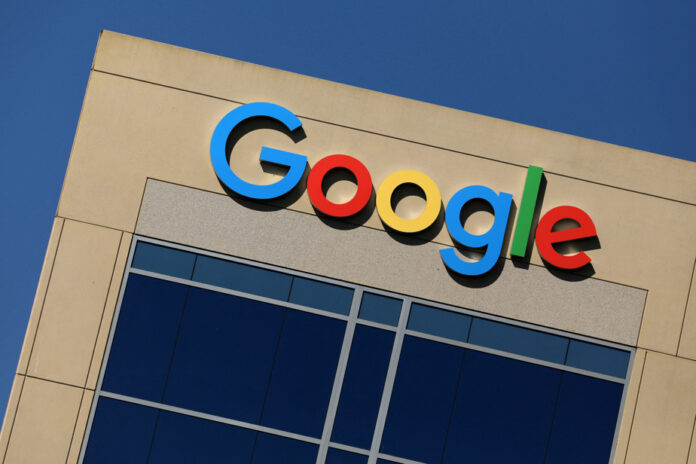(Mountain View) Alphabet, the parent company of Google, reassured the markets on Tuesday with quarterly results that exceeded expectations despite the poor economic situation, a massive social plan and the race to invest in artificial intelligence.
Its net profit fell slightly year on year to $15 billion, according to a press release on Tuesday. Analysts expected less than 14 billion.
And its turnover has increased to nearly 70 billion dollars, a billion better than expected, while the world’s number one in advertising suffers budget cuts from advertisers.
Google also announced a $70 billion stock buyback plan.
Its title rose 3.65% in electronic trading after the closing of the New York Stock Exchange.
The technology giant is facing a bad economic situation, between inflation, rising interest rates and the banking crisis, all of which are synonymous with reductions in brand spending.
In January, it announced the elimination of around 12,000 positions, or just over 6% of its total workforce. This social plan and the reduction of its locations cost it $2.6 billion in the first quarter.
Its advertising revenue fell slightly again over one year, as in the last quarter of 2022. Ditto for YouTube with 6.7 billion dollars instead of 6.9 billion in 2022 at the same period.
“The first quarter was flat for YouTube. It’s going to take a lot of effort to reverse the trend of declining platform revenue,” noted Evelyn Mitchell of Insider Intelligence.
The video service, like other streaming players (free or paid), is suffering from competition from the ultra-popular TikTok.
YouTube, like Instagram and Snapchat, has copied elements of the app’s success, including “Shorts”, a format of short, entertaining videos, but the service is yet to generate revenue from it. substantial.
Insider Intelligence nevertheless expects $180.6 billion in advertising revenue for Google in 2023 (7.2% year-on-year), or 28% of the global digital advertising market, ahead of Meta (20%).
Competitive pressure mounted sharply in February, when Microsoft added a generative artificial intelligence (AI) tool to its Bing search engine, until then a tiny player in the industry.
The IT group has integrated ChatGPT technology, the OpenAI chatbot capable of answering user questions but also of generating different texts on command.
Taken aback, Google introduced Bard, its competitor to ChatGPT, the day before the launch of the new Bing.
Alphabet therefore had to boost its AI-related research, while laying off thousands of people, like its rivals.
It also recently interrupted the construction of its new site in San José, in Silicon Valley, which was to be spread over 32 hectares with offices, parks, shops and housing, according to the American channel CNBC.
And the current quarter promises to be just as eventful.
The US central bank plans to continue raising rates to effectively slow economic activity and thus fight inflation, despite the risk of recession.
Investors will also monitor the various ongoing legal battles.
The US Department of Justice filed a lawsuit in late January against Google for its “monopoly” in the internet advertising market. The company is already facing other competition lawsuits.
A Supreme Court ruling is expected before June 30 on “Section 230,” a contested law protecting platforms like Google and YouTube from lawsuits related to user-posted content.
And the European Commission recalled on Tuesday that nineteen very large platforms, including five Google services (search engine, Maps, YouTube, etc.), will be subject to reinforced controls from the end of August under the law on digital services.















